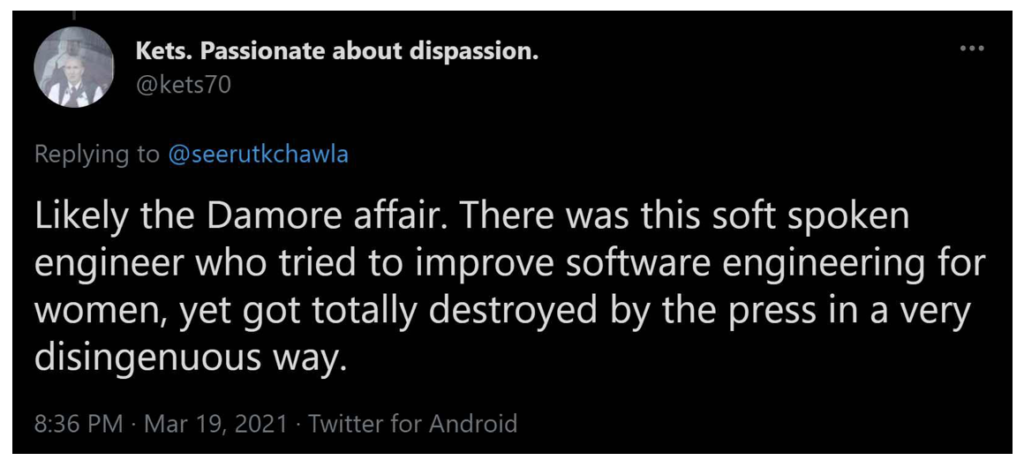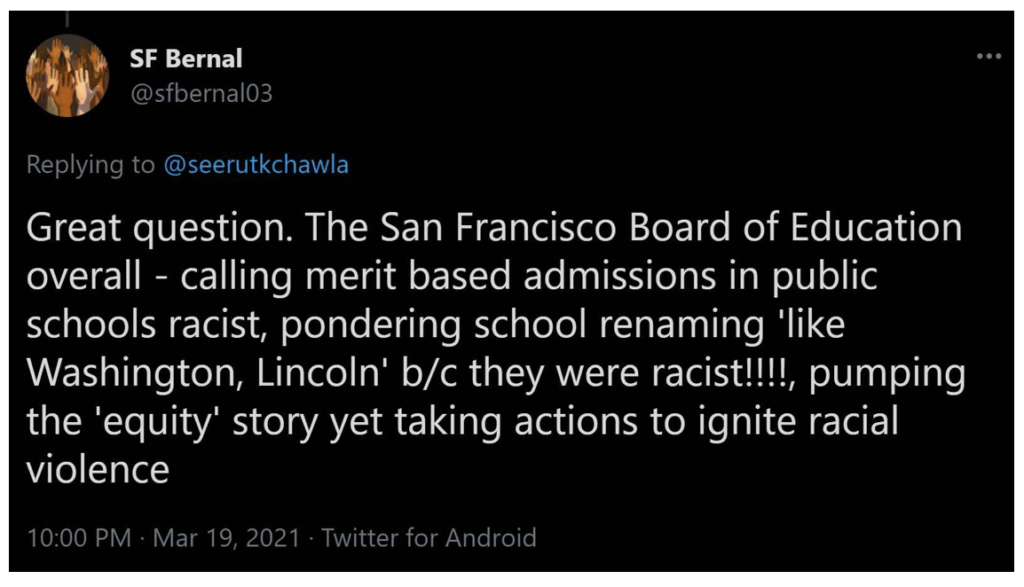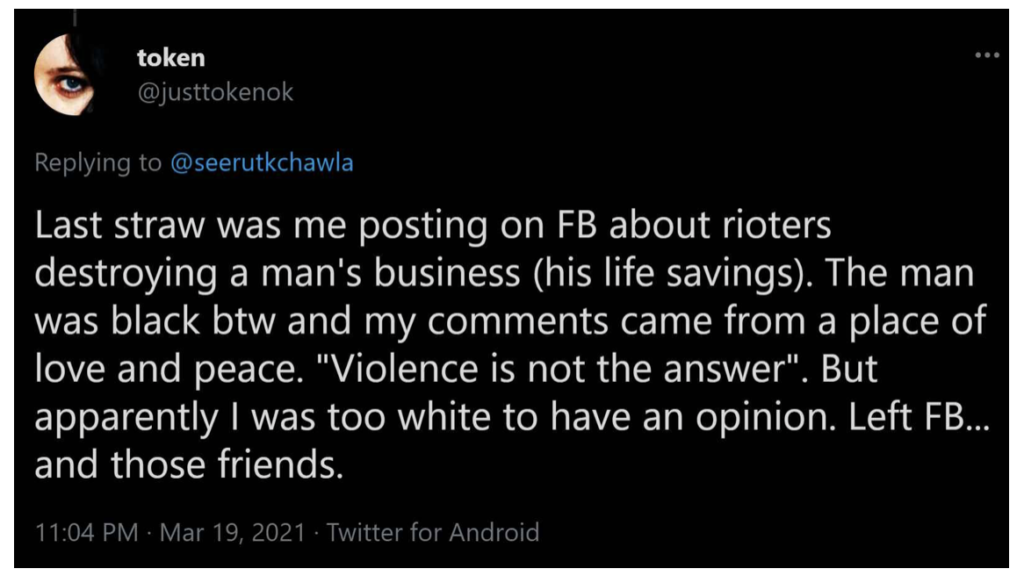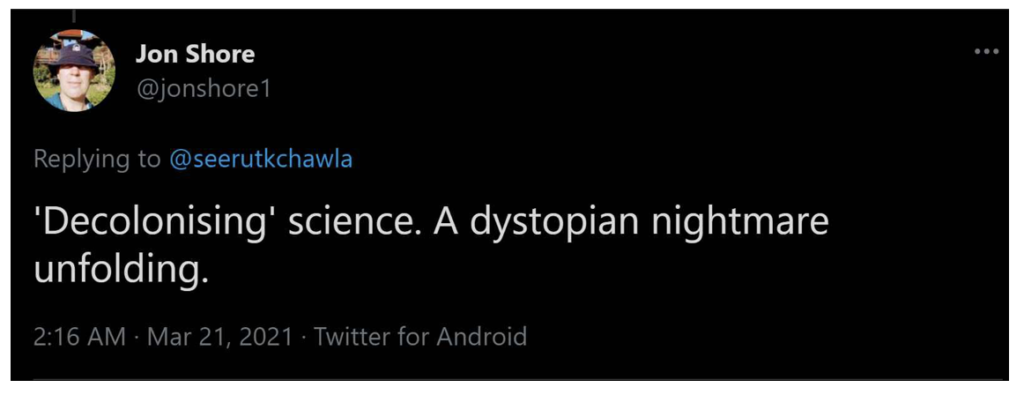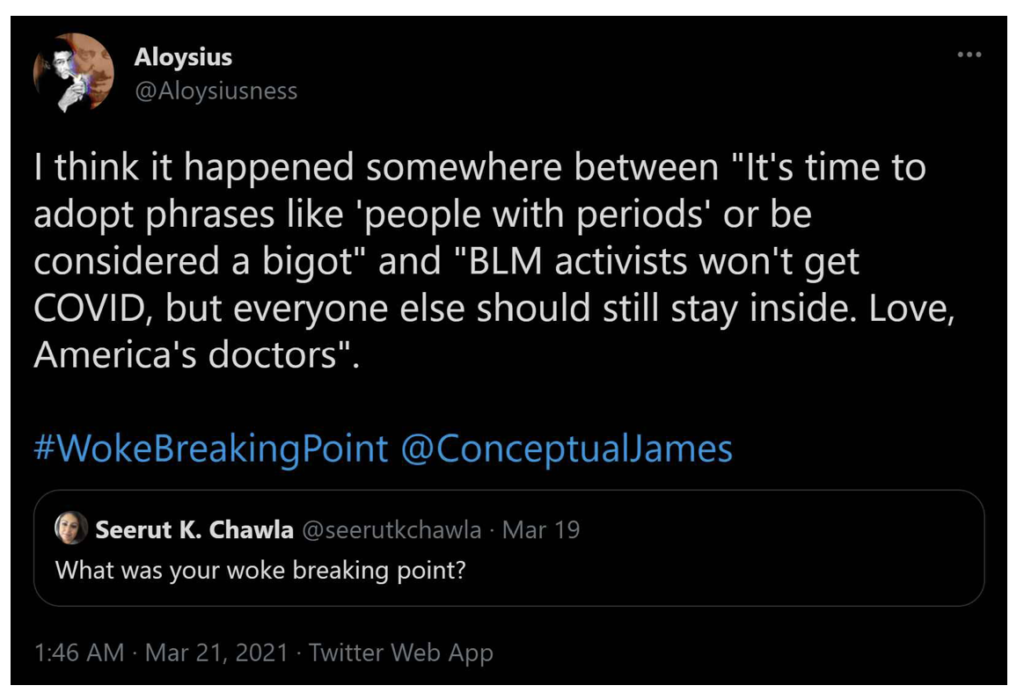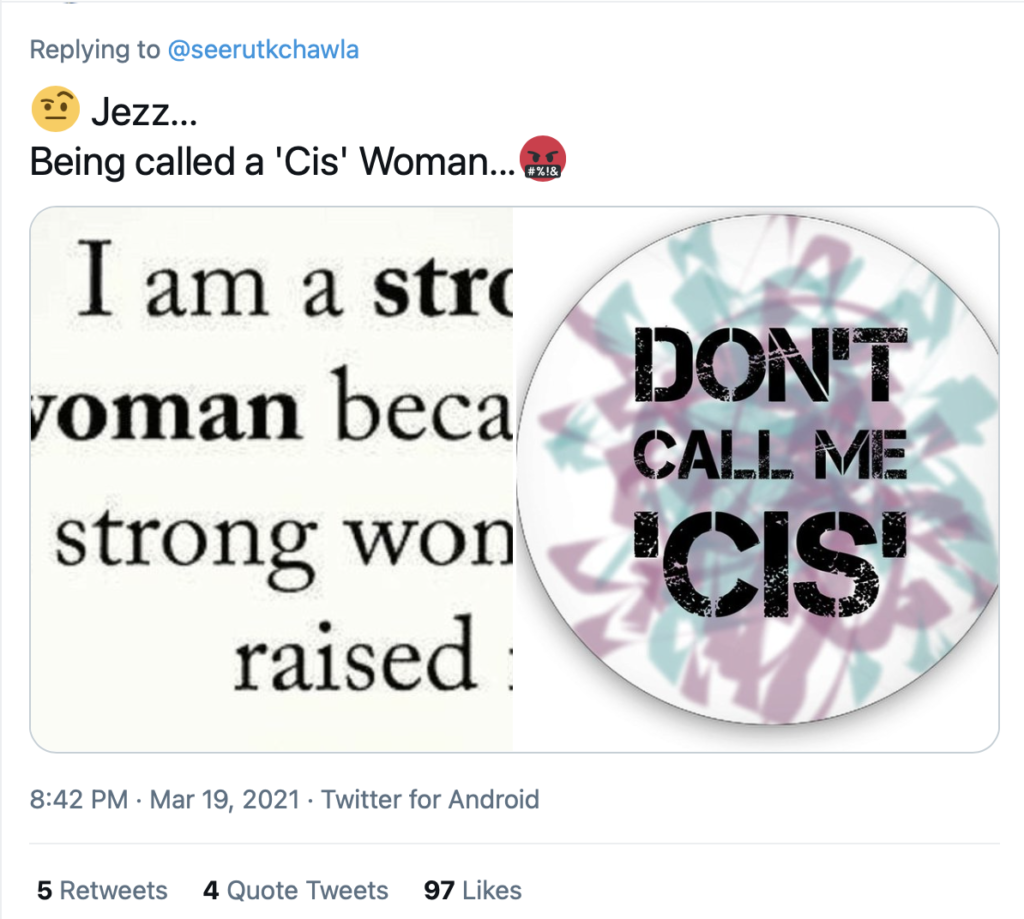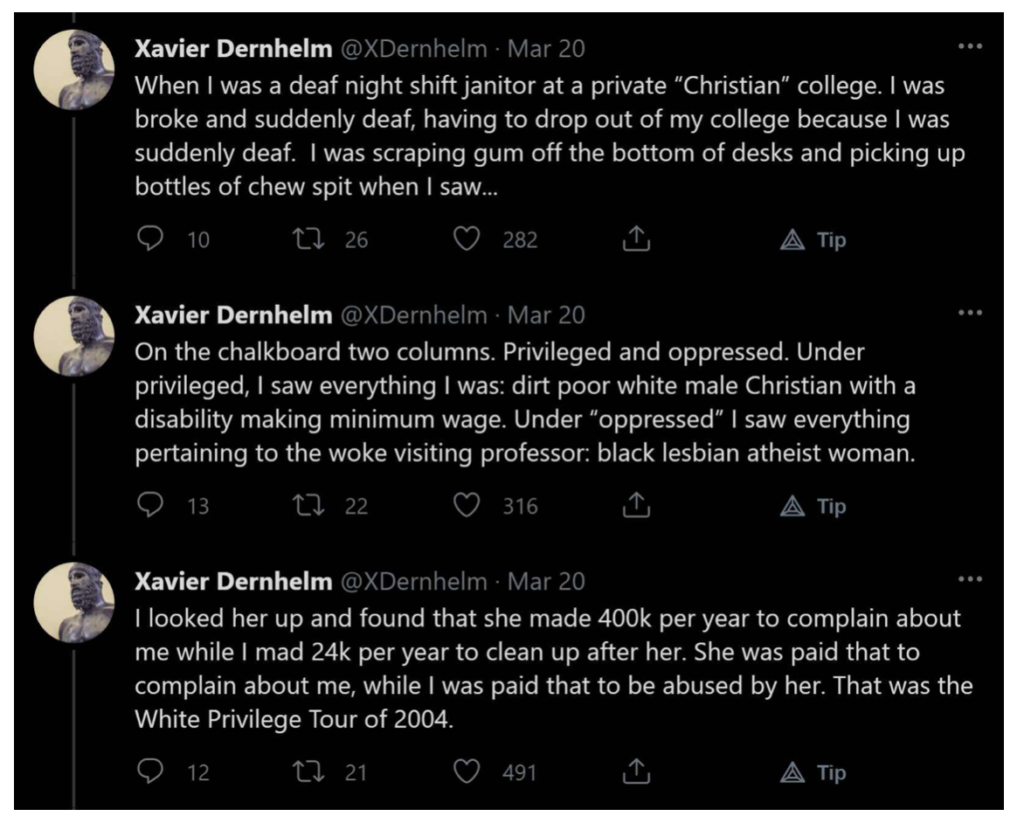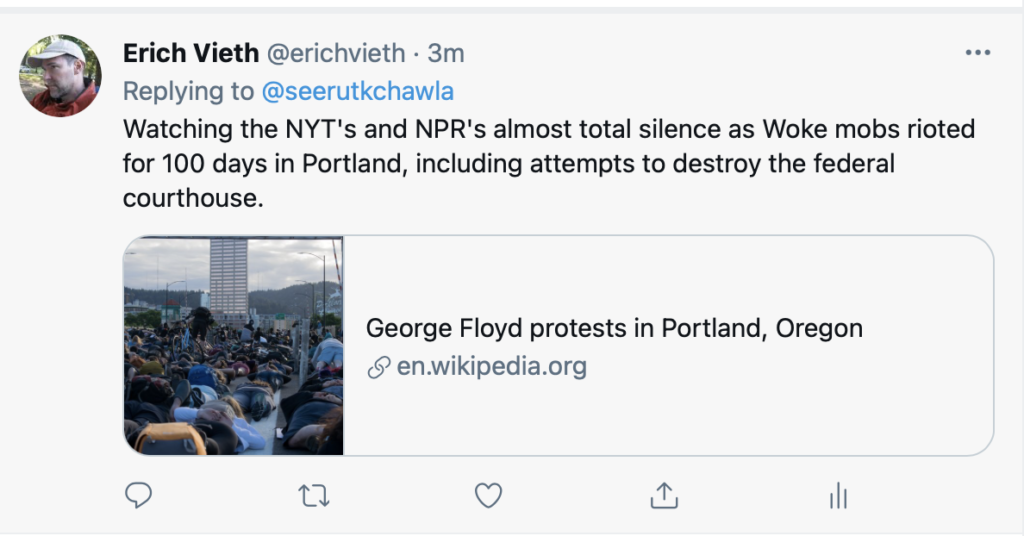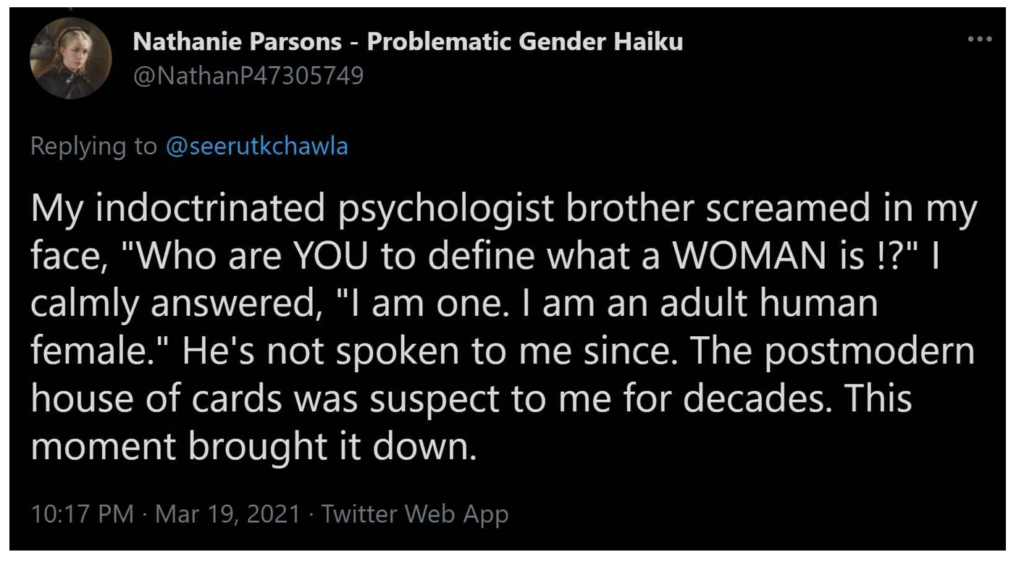The University of Virginia Medical School Engages in Macroagressions When a Student Questions “Microagressions”
The University of Virginia School of Medicine deserves an "F" for the exercise in Wokeness described below, as reported by Reason. The article is titled, "A Medical Student Questioned Microaggressions. UVA Branded Him a Threat and Banished Him from Campus."
[Update: I have attached key legal filings from this lawsuit, because the details demonstrate that the thought process of the Administrators is pathological - - thoroughly Woke infested. Do this university really think that the students they admit to their medical school are this fragile? I want to believe that people generally act in good faith, but the University's positions in these pleadings are not credible. The faculty and administrators of UVA have completely fallen off the rails regarding the educational mission.
Doc 33 - Amended Complaint
Doc 112 - Defendants' Motion to Dismiss
Doc 113 - Deft Memo in Supp of MTD
Doc 115 - Plaintiff Memo in Opp re MTD
Doc 129 - Court Ruling on Deft MTD
Doc 132 - Order that Discovery may proceed.]
But first, what is the purpose of a college? I fully embrace the definition offered by Heterodox Academy: "We aspire to create college classrooms and campuses that welcome diverse people with diverse viewpoints and that equip learners with the habits of heart and mind to engage that diversity in open inquiry and constructive disagreement. We see an academy eager to welcome professors, students, and speakers who approach problems and questions from different points of view, explicitly valuing the role such diversity plays in advancing the pursuit of knowledge, discovery, growth, innovation, and the exposure of falsehoods."
Here's what UVA did to one of its medical students:
Kieran Bhattacharya is a student at the University of Virginia (UVA) School of Medicine. On October 25, 2018, he attended a panel discussion on the subject of microaggressions. Dissatisfied with the definition of a microaggression offered by the presenter—Beverly Cowell Adams, an assistant dean—Bhattacharya raised his hand. Within a few weeks, as a result of the fallout from Bhattacharya's question about microagressions, the administration had branded him a threat to the university and banned him from campus.
Why are schools firing professors and kicking out students who question Woke orthodoxy? It's simple. They don't have good answers for the questions being asked by the professors and students. Many schools are now acting like churches, excommunicating rather than intellectually engaging. For more, see John McWhorter's new book, The Elect, in which he explains how Wokeness is not like a religion. Rather, it is a religion. Instead of engaging with good faith intellectual inquiry, the Woke tell people to "Shut up!" They do this through ostracization, expulsion and infinite varieties of ad hominem attacks.
Notice the irony: The crime was "microaggressions," whereas the remedy is physical expulsion, a classic macro aggression.
--
A few links regarding "microagressions":
The theory behind microaggressions—unintentional insults based on race, sex, or another protected status—is woefully inadequate and lacks scientific rigor. Scott Lilienfeld, a clinical psychologist at Emory University, took a close look at the core assumptions that undergird the academic understanding of microaggressions and concluded that there should be a "moratorium on microaggression training."
"There is insufficient justification for concluding that the potential benefits of microaggression training programs outweigh their potential risks, including a substantial increase in the number of false-positive identifications of statements as microaggressions," he wrote.
[According to the Woke] there is no way to mistakenly identify a microaggression, as the victim’s perception is considered absolutely authoritative (see also, lived experience). Because of the reliance upon the perception of the recipient of alleged microaggressions, there is reason to be concerned that critical theories of identity can teach people to become more sensitive to and aware of slights that might even be being read into the situation, with no way to make a determination on the matter (see also, critical consciousness and woke). This problem has been noted by lawyer Greg Lukianoff and psychologist Jonathan Haidt in their book, The Coddling of the American Mind, as a kind of “reverse cognitive behavioral therapy” where people are taught to become more and more sensitive to (and less resilient against) slights and minor insults (see also, victimhood culture).
An excerpt from Wikipedia, demonstrating that the concept of microaggressions is controversial:
A number of scholars and social commentators have criticised the microaggression concept for its lack of scientific basis, over-reliance on subjective evidence, and promotion of psychological fragility. Critics argue that avoiding behaviours that one interprets as microaggressions restricts one's own freedom and causes emotional self-harm, and that employing authority figures to address microaggressions (i.e call-out culture) can lead to an atrophy of those skills needed to mediate one's own disputes.[7] Some argue that, because the term "microaggression" uses language connoting violence to describe verbal conduct, it can be (and is) abused to exaggerate harm, resulting in retribution and the elevation of victimhood.[8]

